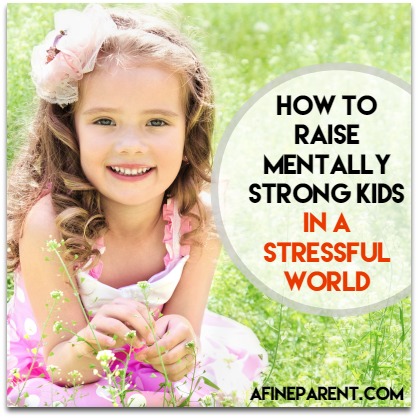 We all know that children are naturally inquisitive. We also know their inquiry sometimes manifests itself in annoying ways or at inopportune times, “Are we there yet?” or “Is that lady having a baby?” being among the most common examples.
We all know that children are naturally inquisitive. We also know their inquiry sometimes manifests itself in annoying ways or at inopportune times, “Are we there yet?” or “Is that lady having a baby?” being among the most common examples.
Our culture inundates us with examples of parents losing their cool with inquiring youngsters, from Al Bundy to Homer Simpson. In malls and grocery stores across the country, mothers and fathers are telling their little ones to stop asking, be quiet, or shut up.
In so doing though, they run the risk of stifling their children’s curious nature, which could hamper learning and close the door on possible futures at a very early age.
How to Respond to Questions You Can Answer
When our little (or not so little) ones ask us questions, we are presented with an opportunity to explain the world to them. Kneel down so you can be eye-to-eye and discuss dinosaurs or stars, or which bugs hide under rocks or why we have belly buttons, but the doll doesn’t. If you’re driving, turn down the radio (you’ll hear the song again) and address the question.
 We live in a world where sports and competitiveness are all around us and it often starts at a young age.
We live in a world where sports and competitiveness are all around us and it often starts at a young age.
 Don’t you sometimes wish you were a carefree child?
Don’t you sometimes wish you were a carefree child?
 Don’t you just hate it when you try to offer positive encouragement to your child, but it falls completely flat?
Don’t you just hate it when you try to offer positive encouragement to your child, but it falls completely flat?